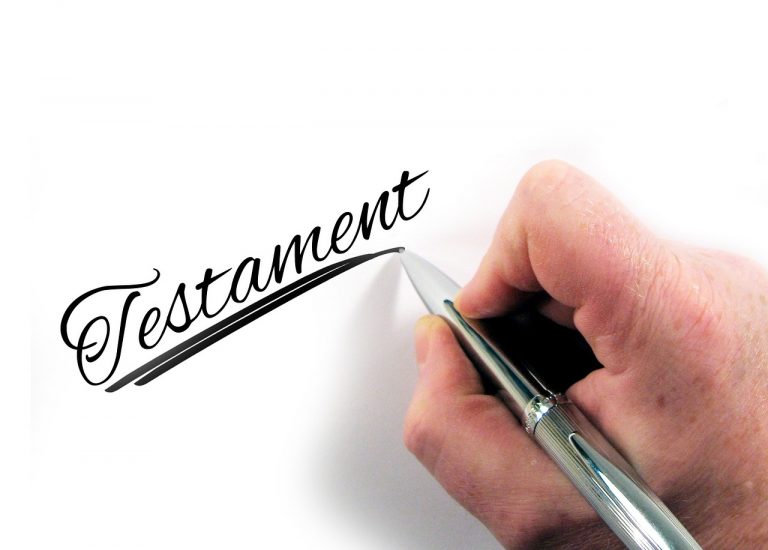
Top 10 Benefits of Making a Will
Having a Will allows you to specify who’ll inherit your assets after your death.
Without making a Will, distributing of your assets will be settled by the laws of intestacy, which may not be in accordance of your wishes.
A Will can also be used to appoint guardians for any minor children.
A Will allows you to make specific gifts, such as leaving a piece of jewellery to a particular person.
A Will can minimise the potential of disputes arising among your beneficiaries.
A Will can be used to set up trusts that benefit loved ones, such as children or grandchildren.
A Will can be used to plan for the payment of taxes and expenses.
A Will allows you to appoint an executor, this is someone who’s responsible for carrying out the instructions in your Will.
A Will can be used to make charitable donations.
A Will is a legal document that can be used to prove the validity of your wishes, which can be important if there are any disputes.
And what can happen if you don’t make a Will:
Not making a Will can have serious consequences for your loved ones after you pass away. Here are some of the main disadvantages of not making a Will:
The laws of intestacy will determine how your assets are distributed. If you die without a Will, the government will decide who inherits your property and assets according to a pre-determined set of rules. This may not align with your wishes and could lead to family disputes.
Minor children may be left without a guardian. If you die without making a Will and you have minor children, the court will appoint a guardian for them. This person may not be the one you would have chosen, and your children may not be placed in the care of someone you trust.
Your beneficiaries may not receive what you intended. Without a Will, you cannot specify who gets what and how much. This can lead to misunderstandings and disappointment among your loved ones.
It can be more difficult and expensive to settle your estate. Without a Will, the process of settling your estate can be much more complicated and time-consuming for your executor and beneficiaries. It may also be more expensive, as legal fees and other expenses are likely to be higher.
Your assets may be frozen or tied up in probate. Without a Will, your assets may be frozen or tied up in probate for an extended period of time, which can be a financial burden for your loved ones. This can also lead to delays in the distribution of your assets to your beneficiaries.
It can increase the potential for disputes. Without a clear set of instructions in a Will, it can be easier for family members to disagree about how your assets should be distributed, which can lead to legal battles and emotional stress for your loved ones.
There is no provision for incapacity. A Will does not only come into play after death, but it also can establish a power of attorney, which allows someone to make decisions for you if you are unable to do so. Without a Will, there is no provision for incapacity and your loved ones may have to go through a legal process to be appointed as your decision maker.
In conclusion, not making a Will can have significant negative consequences for your loved ones after you pass away. It is important to take the time to create a Will that clearly outlines your wishes and protects your loved ones’ interests. It is advisable to talk to a professional Will writer to ensure that your Will is legally binding and valid. Please click this link to get the process started.
